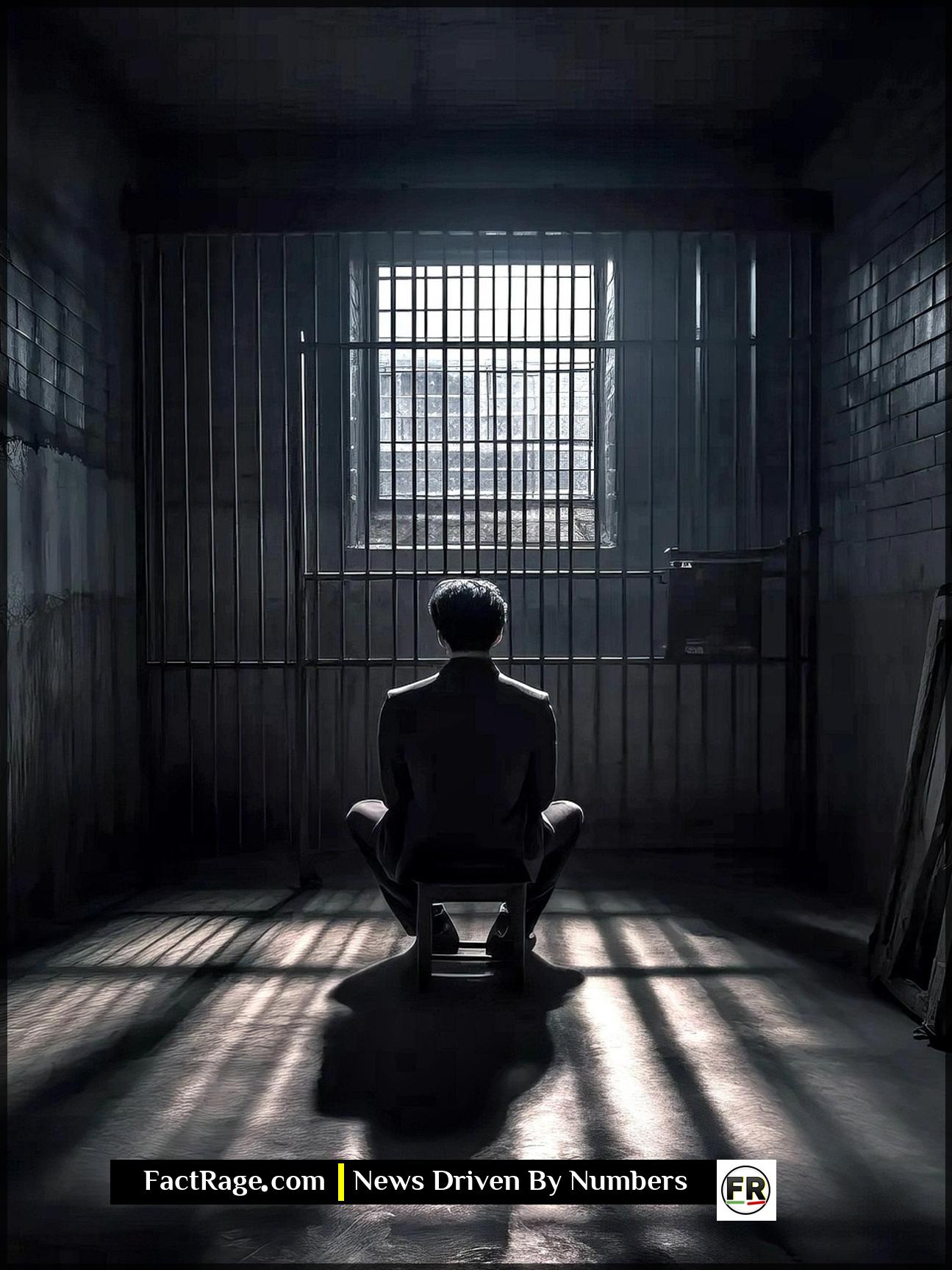NEW YORK, NY – Joaquín “El Chapo” Guzmán, the infamous former leader of the Sinaloa Cartel, is the subject of renewed public interest following his 2019 conviction, driven by recent legal developments involving his family and the cartel’s continued operations.
- The Cartel Kingpin – Guzmán led the Sinaloa Cartel, a multi-billion dollar enterprise responsible for trafficking massive quantities of cocaine, heroin, methamphetamine, and other illicit drugs into the United States and around the world.
- The U.S. Conviction – In 2019, a federal jury in Brooklyn found him guilty on all 10 counts, including engaging in a continuing criminal enterprise and various drug trafficking charges, resulting in a mandatory sentence of life in prison plus 30 years.
- Current Status and Renewed Interest – He is incarcerated at the high-security ADX Florence prison in Colorado. Recent headlines are driven by the extradition of his son, Ovidio Guzmán López, and U.S. actions against other sons, known as “Los Chapitos.”
Joaquín Guzmán’s capture and conviction marked a significant moment in international law enforcement, but the story of his influence and the Sinaloa Cartel’s activities continues to evolve.
Who Was the Leader of the Sinaloa Cartel?

Joaquín Archivaldo Guzmán Loera, nicknamed “El Chapo” or “Shorty” for his stature, rose from a modest background to become the leader of one of the world’s most powerful and violent criminal organizations. For decades, the Sinaloa Cartel, under his direction, dominated the global drug trade. The U.S. Department of the Treasury designated him as the “most powerful drug trafficker in the world” in 2012.
The cartel’s operations were vast, involving the transportation of drugs via planes, submarines, tunnels, and hidden vehicle compartments. Guzmán’s leadership was characterized by extreme violence against rivals and authorities, as well as a reputation for orchestrating two dramatic prison escapes in Mexico in 2001 and 2015, which elevated his notorious status.
What Led to His Life Sentence in the U.S.?
After being extradited to the United States in 2017, Guzmán faced trial in a federal court in Brooklyn, New York. The 11-week trial featured extensive testimony from over 50 witnesses, including numerous former high-ranking cartel associates. They detailed the cartel’s inner workings, describing brutal murders, systemic corruption, and the logistics of shipping tons of narcotics.
The evidence presented was overwhelming. Prosecutors used ledgers, text messages, photos, and videos to support the testimony. In February 2019, the jury convicted Guzmán on all counts, including the lead charge of engaging in a continuing criminal enterprise. The conviction brought a mandatory sentence of life imprisonment without the possibility of parole.
Why Is ‘El Chapo’ a Trending Topic Now?
Despite his incarceration in a “supermax” facility designed to cut off all contact with the outside world, Guzmán’s name remains prominent due to the actions of his family and the U.S. government’s continued focus on the Sinaloa Cartel.
A key factor is the rise of his sons, collectively known as “Los Chapitos,” who are believed to have assumed control over a powerful faction of the cartel. In recent months, U.S. authorities have intensified their efforts against them: * Ovidio Guzmán López: One of his sons, known as “El Ratón,” was captured by Mexican authorities in January 2023 and extradited to the U.S. in September 2023 to face drug trafficking, money laundering, and other charges. * Indictments: The U.S. Department of Justice has unsealed multiple indictments against other sons—Iván Archivaldo Guzmán Salazar, Jesús Alfredo Guzmán Salazar, and Joaquín Guzmán López—for their alleged roles in a massive fentanyl trafficking operation.
Additionally, Guzmán’s wife, Emma Coronel Aispuro, was released from U.S. custody in September 2023 after serving a sentence for her role in the cartel’s affairs. These events have kept the Guzmán family and the legacy of El Chapo in the news cycle.














